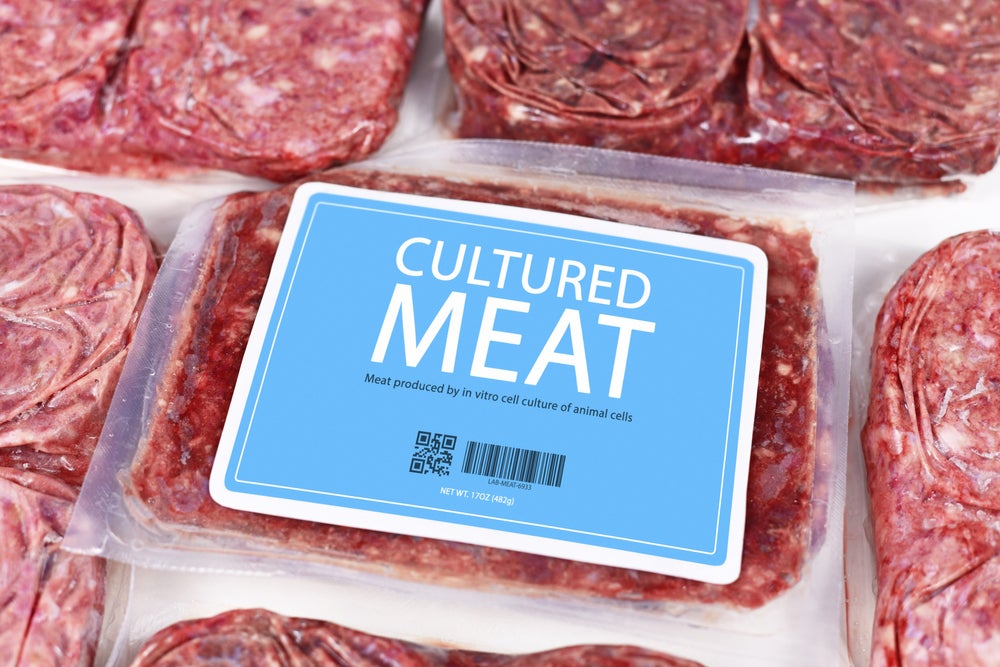
As the retail landscape continues to evolve, the emergence of cultured meat represents a significant shift in consumer preferences and dietary choices. Insights from a just released Global Data’s analyst report reveal that the appeal of cultured meat products extends beyond regulatory factors, with a significant influence from Millennials and the Asia-Pacific region.
The retail business holds enormous potential for cultured meat. However, as the reports makes clear, no shortcuts exist to instant commercialisation in the cultured meat market.
It also noted that foodservice launches have proven the most effective strategy for brands thus far. At the same time, retailers are lagging in investment.
Meanwhile, cultured meat gains regulatory approval, but lags in cost, scalability, health, safety, sustainability, and ethics compared to other proteins, leading to low consumer appeal; however, innovative startups aim to change that, according to the Global Data study.
For retailers, it’s essential to find the right balance between health and sustainability when offering cultured meat products. This report underlines the need for effective communication to convey the benefits and address concerns about taste, texture, and cost.
Overcoming production challenges in the retail space
While cultured meat holds vast potential, it faces intricate commercialisation barriers. Achieving success in the retail sector with cultured meat relies on overcoming production challenges. Yet, firms are increasingly discovering inventive answers.
The report examines the motivations behind consumers’ choices and the sustainability standards associated with cultured meat, offering valuable insights for retailers.
Meeting clean label demands in retail
Clean labels are a significant concern for retailers, and the report sheds light on how startups like Believer Meat are striving to differentiate their cultured meat products.
“Consumers most commonly associate a healthy lifestyle with clean label features such as natural and organic-tagged products,” notes the report. “While lab-grown/artificially recreated products are not inherently unhealthy, consumer aversion to these products.”
The report also explores the potential for improved nutritional value and safety in the retail setting.
Pricing strategies and opportunities in retail
Retailers must navigate pricing strategies in the face of competition from traditional meat and plant-based alternatives. The report highlights the potential of targeting cost-conscious Millennials and exploring opportunities within the retail foodservice sector.
“The price of cultured meat remains a hurdle; however, it may have wins in sensory superiority when compared to other protein alternatives.”
Sustainability and retail considerations
In the retail business, understanding sustainability is vital, and the report delves into the various interpretations of this concept. It also addresses the challenge of aligning cultured meat with religious dietary requirements, catering to a diverse consumer base.
“Understanding cultured meat’s true sustainability remains complex until it can be mass-produced,” the report says.
The synergy of cultured meat and retail
The report emphasises the growing synergy between cultured meat and the retail sector.
It discusses how innovations like “scaffolds” using plant-based materials offer cost-effective ways to enhance nutrient content and sensory appeal. Unstructured analogues present retailers with practical options for offering cultured meat products.
In the ever-evolving world of retail, deciphering the appeal of cultured meat products goes beyond regulations. It involves a multifaceted understanding of consumer preferences, health considerations, sustainability, and religious sensitivities.
Retailers who grasp these nuances will be better positioned to navigate the cultured meat landscape successfully.



